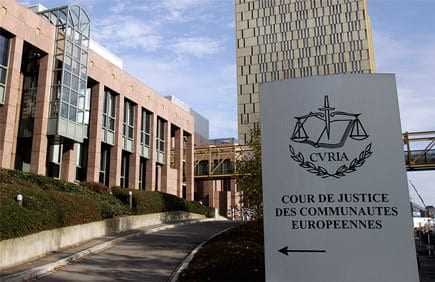
The Court of Justice of the European Union last week upheld an April 2011 decision by the European Commission, deciding that Greece failed to adhere to the European laws and regulations regarding the subsidies paid to olive tree farmers.
Specifically, Greece did not operated a reliable mechanism that would provide all the necessary tools for recording, updating and controlling olive and olive oil production.
Greece used a costly Geographical Identification System (GIS) with a photo database dated back in 1997 and 1998 — even as the more accurate Google Maps service was free during the period. In addition, Greece did not make ad hoc and on-ground inspections as it should have done. Moreover, when violations by farmers or olive mills were discovered the country did not impose any sanctions as required by EU provisions.
Ten percent of the subsidies for the period 2003 – 2004 and 15 percent for the period 2004 – 2005 paid to olive tree farmers must be rescinded, stated the Commission.
The Commission found that expenditures relevant to the installation of the digital platform, supporting GIS and control operations, were unfounded.
The Commission’s hard-line accompanied direct accusations that Greece has not complied with EU CAP regulations, and stiff penalties for what it called “repeat offending.”
Greece, has acknowledged the existence of some discrepancies, however it claimed that the case described by the Commission was not entirely accurate. As for the cost of technical infrastructure, Greece suggested that a large part of the cost was covered by the farmers themselves.
The Court order did not accept any of the arguments made by Greece. Instead, the country will see approximately $320 million of its CAP financing go to balance the over-funding.
Some analysts believe that Greece might have stood a slight chance if it had taken some corrective actions after the earlier decision of the Commission.
Greece used an “ex-ante argumentum” approach trying to justify what was already verified by the Commission as anomalies. “They had the opportunity to establish a reliable system and prove ex-post their case – after the decision of the Commission. Greece could have proved that even with a reliable system its financing would be at the same level,” one analyst said.








